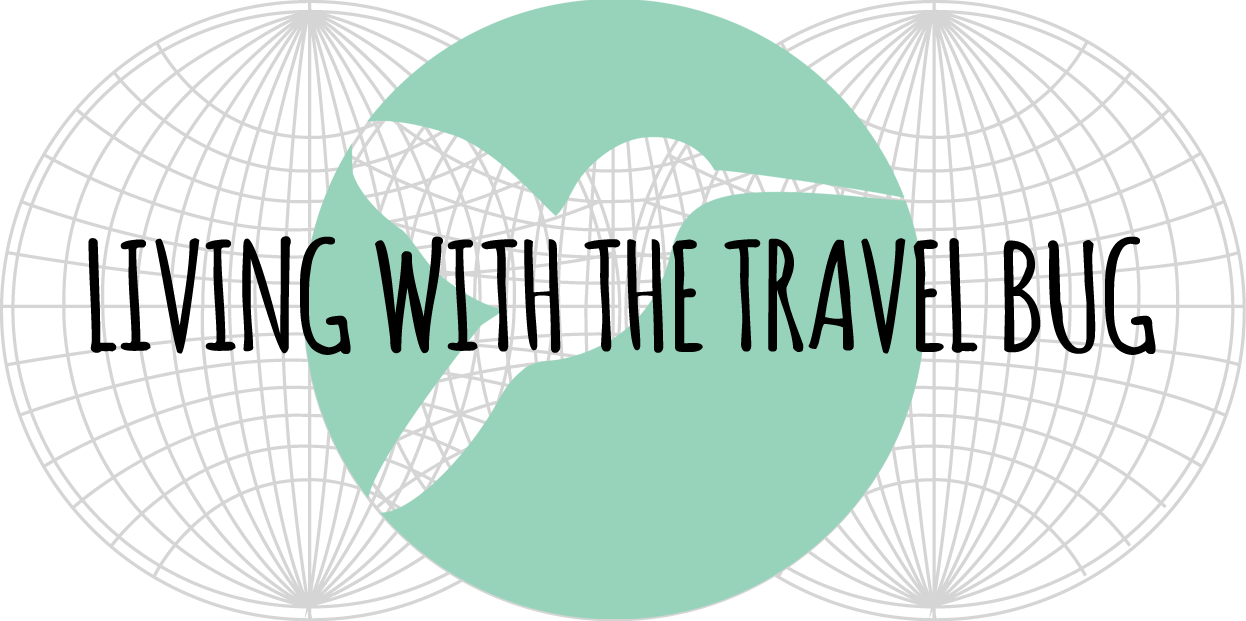Traveling for business usually means you see some buildings, some conference rooms, eat some hotel food and the only locals you really interact with are driving the cabs that get you from the hotel to the conference room and back. Half the time, you could really be anywhere.
But because I refuse to travel somewhere new and leave without understanding even an ounce of the culture, I did my best to squeeze the real Ethiopia in when I went to the capital city of Addis Ababa for a textile trade show.
Turns out, luckily for me, that textiles are a big part of the country’s craft. The Dorze people, a tribe of Ethiopians originally from the southern part of the country, have been hand weaving on wooden looms for seven generations and now their crafts are getting into stores like J.Crew where buyers have little clue about the culture behind the cloth. I made it to Muya, one of Ethiopia’s leading makers of handmade textiles to watch the people weave. They maneuver the looms with bare feet and toss threads back and forth through other threads so fast, and maintain patterns so intricate it’s no wonder non-weavers look onto their craft as though there’s something oddly magical about it.
Forget knick-knacks and last-minute airport finds, these are the kinds of souvenirs I take home. Locally-made goods that reflect where I’ve been. And I bought a lot. (Textiles are kind of my thing).
I also caught an Ethiopian coffee ceremony, something the country is known for. Nevermind the fact that the girl doing it was wearing western clothes instead of the traditional white cotton garb and that the whole thing was happening at the back of the trade show hall, it was still a tiny taste of the culture.
In Ethiopia, where they say the coffee plant originated (although I’m sure South America would have something to say about that), coffee ceremonies are almost spiritual and common practice when visitors are present. To set the scene, the coffee maker sets up on a staging platform of sorts, called a rekbot, on a bed of long grass and starts roasting coffee beans in a flat pan over a charcoal stove while burning frankincense and myrrh (yes, the biblical stuff). When the coffee beans are ready, the hostess grinds them with a mortar and pestle, mixes them with spices and adds them to an ancient-looking clay pot to brew before pouring the coffee, better known as bunna, into tiny cups and serves it up with eucalyptus for flavor.
At the end of the nearly 30-minute ceremony, the taste is smooth, eucalyptus infused and worth the wait because you can’t rush perfection.
My trip to Ethiopia was brief but enough to make me want to go back. The country has nine world heritage sites, including Lalibela, one of Ethiopia’s holiest ancient cities where churches where carved into the town’s rocky hills in the 12th century. The country is also rumored to hold the Ark of the Covenant (the chest that held the Ten Commandments tablets) in a church most sacred to the people, St. Mary of Tsion. Italian food there is also superb, a remnant of the Italian’s influx into the country during Mussolini’s reign. There’s so much about Ethiopia I didn’t know and I’ll go back to explore it one of these days.
